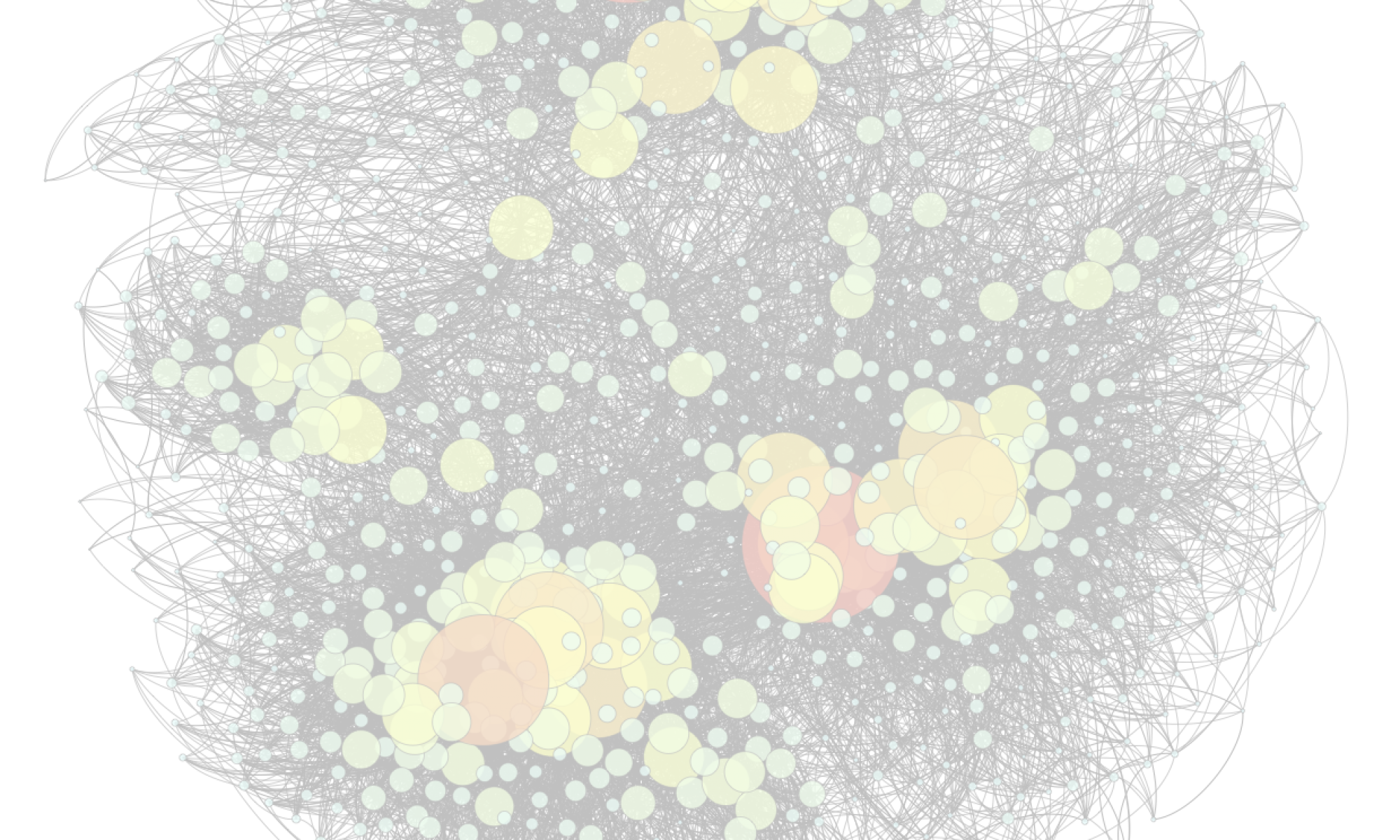Rajaa El Hamdani & Yiwen Peng
Refining Wikidata Taxonomy using Large Language Models (Yiwen Peng)
Due to its collaborative nature, Wikidata is known to have a complex taxonomy, with recurrent issues like the ambiguity between instances and classes, the inaccuracy of some taxonomic paths, the presence of cycles, and the high level of redundancy across classes. Manual efforts to clean up this taxonomy are time-consuming and prone to errors or subjective decisions. We present WiKC, a new version of Wikidata taxonomy cleaned automatically using a combination of Large Language Models (LLMs) and graph mining techniques. Operations on the taxonomy, such as cutting links or merging classes, are performed with the help of zero-shot prompting on an open-source LLM. The quality of the refined taxonomy is evaluated from both intrinsic and extrinsic perspectives, on a task of entity typing for the latter, showing the practical interest of WiKC.
The Factuality of Large Language Models in the Legal Domain (Rajaa El Hamdani)
This paper investigates the factuality of large language models (LLMs) as knowledge bases in the legal domain, in a realistic usage scenario: we allow for acceptable variations in the answer, and let the model abstain from answering when uncertain. First, we design a dataset of diverse factual questions about case law and legislation. We then use the dataset to evaluate several LLMs under different evaluation methods, including exact, alias, and fuzzy matching. Our results show that the performance improves significantly under the alias and fuzzy matching methods. Further, we explore the impact of abstaining and in-context examples, finding that both strategies enhance precision. Finally, we demonstrate that additional pretraining on legal documents, as seen with SaulLM, further improves factual precision from 63% to 81%.
